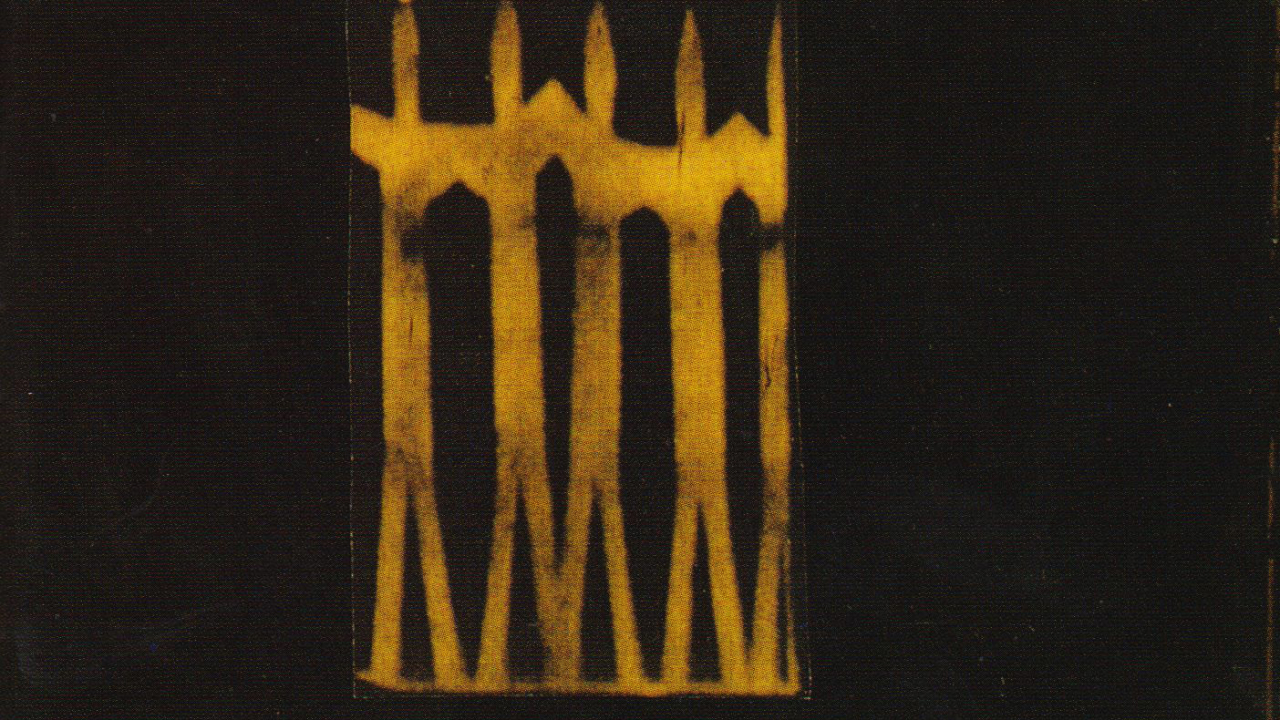You can trust Louder
North Carolina punk scene survivors Corrosion Of Conformity chose the perfect time to cross over from the hardcore underground to a more mainstream metal sound. First released in November 1991, Blind was a contemporary of Nirvana’s Nevermind and Metallica’s Black Album.
It was COC’s commercial breakthrough, and is still regarded as a career peak, although serious fans typically rate their following album, Deliverance, more highly.
In fairness, Blind signalled not just a revised sound but also pretty much a new band. Karl Agell was the latest in a Spinal Tap-like parade of short-lived singers, sharing vocals with another new member, rhythm guitarist Pepper Keenan. Agell was partly brought in for his James Hetfield-ish growl, and there is a tangible Metallica-meets-Sabbath energy to fist-pumping, power-grinding groove-monsters like Great Purification and Dance Of The Dead.
The band’s punk roots also peek through on Vote With A Bullet, a ferocious polemic against North Carolina’s notorious right-wing Republican senator Jesse Helms, but the softly strummed power ballad Shallow Ground stands up better today.
Indeed the passing decades have not been especially kind to Blind. The Metallica influence is a little too brazen in places, especially on the leering, churning Painted Smiling Face. The three extra tracks also feel stale and scrappy, having first surfaced on an expanded reissue 20 years ago.
And while the raw garage blues cover of the MC5’s Future Now is agreeable enough, the dubiously titled Jim Beam And The Coon Ass sounds like an amateurish, sloppy, rehearsal room jam. An important career step for COC, but not their best album./o:p
Sign up below to get the latest from Classic Rock, plus exclusive special offers, direct to your inbox!
Stephen Dalton has been writing about all things rock for more than 30 years, starting in the late Eighties at the New Musical Express (RIP) when it was still an annoyingly pompous analogue weekly paper printed on dead trees and sold in actual physical shops. For the last decade or so he has been a regular contributor to Classic Rock magazine. He has also written about music and film for Uncut, Vox, Prog, The Quietus, Electronic Sound, Rolling Stone, The Times, The London Evening Standard, Wallpaper, The Film Verdict, Sight and Sound, The Hollywood Reporter and others, including some even more disreputable publications.


